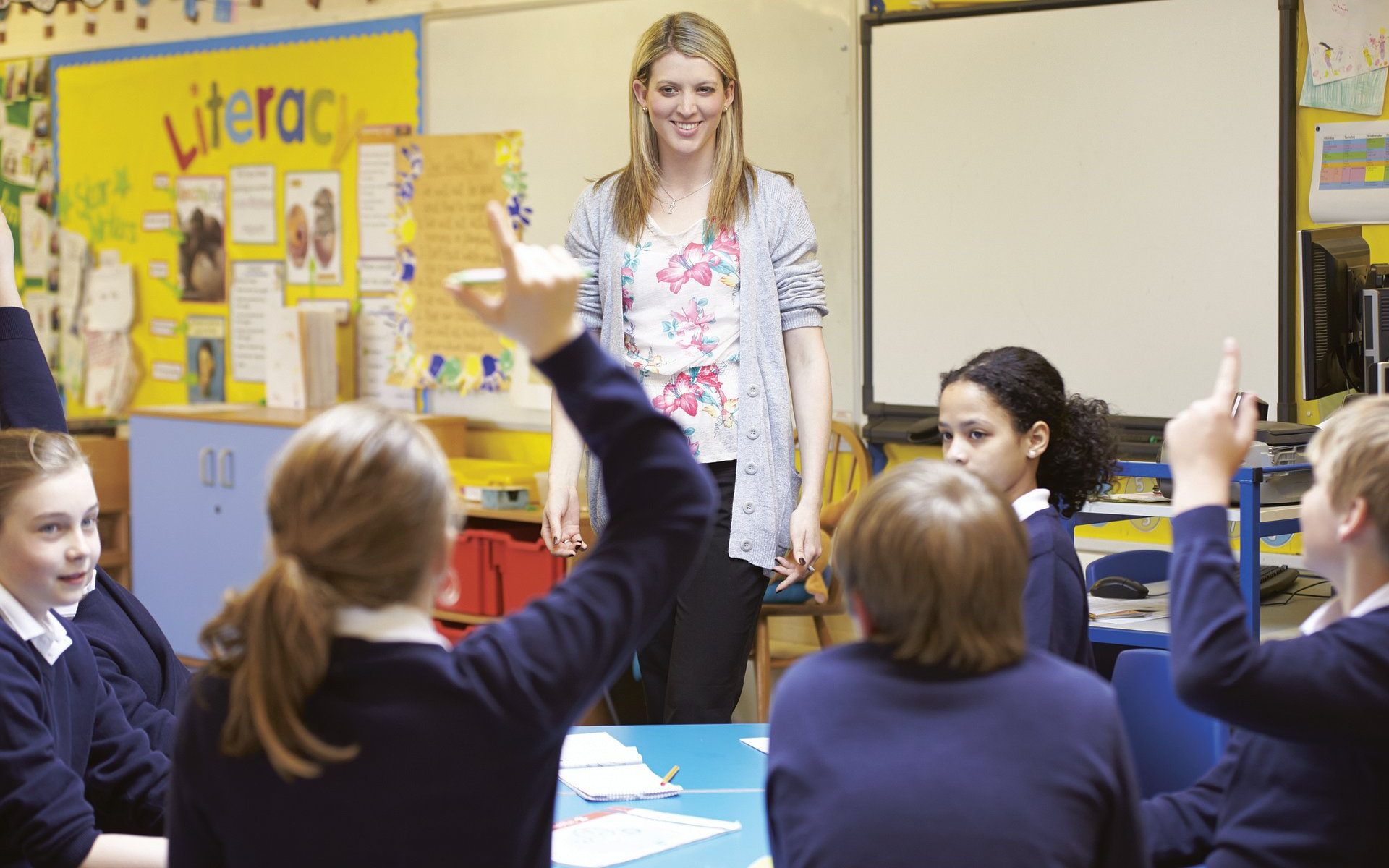For the last several days I’ve been seeing breathless articles describing the “racist” actions of Ron DeSantis, governor of Florida. DeSantis announced that African-American studies classes will not be taught in public schools. Of course, the left went absolutely ballistic over this announcement. But what, exactly, did DeSantis do? Let’s look at this latest kerfuffle.
Continue reading “Is Florida Really Forbidding African-American Studies?”Parents, Kids, & Education
For some reason the question of “do parents have a right to know what their kids are being taught?” is highly contentious. It shouldn’t be. It should be a given no matter the political leanings of anybody that parents ALWAYS have a right to know what their children are being taught.
Continue reading “Parents, Kids, & Education”Reading Breadth
I just read a post at Mad Genius Club discussing reading and cultural heritage. This post was based on an article at Intellectual Takeout analyzing 7th and 8th grade reading lists in Minnesota public schools in 1908 vs. 2019. Both of these posts got me thinking about what I read, and how much I read (or don’t sometimes). The post on cultural heritage struck a chord. Many people home school these days because they don’t feel that their kids are getting a good enough education in the public school system. (Right now, I can hear teacher friends and friend who have teachers as friends screaming that I’m blaming the teachers…No. I’m not.) The teachers are teaching the curriculum that was ginned up by the politicians in their various states. Believe it or not, the federal government and Betsy deVoss have very little to do with what a state does or does not do in terms of education curriculum. Like many things the federal government decrees, it gets states to fall in line via the simple expedient of blackmail. The feds threaten the subsidies to states if states fail to do what the feds want. The states have become so dependent on the feds for budgets for education and other areas that they fall in line like good little boys and girls (Go look up the history of setting the legal drinking age to 21. Blackmail via highway funds.)
It’s become very fashionable to distance oneself from our Western, European, Judeo-Christian cultural heritage. All the “best” minds will explain (at dreary length) how that culture is corrupt and led to all sorts of evils like slavery and colonialism and racism and…and…whatever else they can think of that they don’t like. But slavery existed (and still does in many parts of the world) long before Western civilization was a twinkle in any one’s eyes. Racism is the normal course of human interaction. Doesn’t make it right, but it’s a normal human reaction. Just go to any fully integrated high school cafeteria at lunch time. Kids self-segregate. Doesn’t mean they don’t like kids of other races, just means they’re more comfortable with those who look like them. Also doesn’t mean they don’t hang out with kids of other races, just not all the time. Do you hang out with the same exact set of friends all the time? Or do you mix it up. If you read, you understand that while aspects of civilization created and even encouraged those ills, other aspects worked to end them and make them the anathema they are today.
Where was I going with this? Oh yeah. Reading and cultural history. It’s important to understand history. How can you say where a society, country, organization went wrong or right if you don’t know and understand the history of it? How can you understand and know the history if you don’t read? And, it’s not just history books of all stripes we need to be reading (and our kids too), it’s all kinds of books from fiction to fantasy to fairy tales to poetry to essays on life, the universe and everything, to opinion pieces on the outrage topic du jour. All of these give insights into culture, history, and social mores. Reading should be done in such as way as to give you a depth and breadth of knowledge and experience such that you are able to take in many factors and understand the outcomes and consequences (both intended and unintended).
Groups and individuals will always interpret the same book/article/essay in different manners. That’s what reasoned, analytical discussions are for. To figure out where those interpretations are based and why they appear. Sometimes reading different analyses on the same book or essay reminds of this meme I saw on Facebook a while back:

You don’t have to explain why, but it bears remembering that when you read an analysis or interpretation of a work you are reading the author’s analysis/interpretation of another author. It’s fine to agree, as long as you’ve read the same original piece. Thus, basing your own analysis/interpretation on your own reading and not trusting somebody else to read it and interpret it the same way you do.
All of this is a long way of saying that reading everything, even things you find disturbing, angering, whatever, is the best way to develop your own critical thinking skills and pick up some knowledge and maybe even appreciation for your own history and that of the culture in which you were raised.
Try it. Read something and see what happens to your brain.


